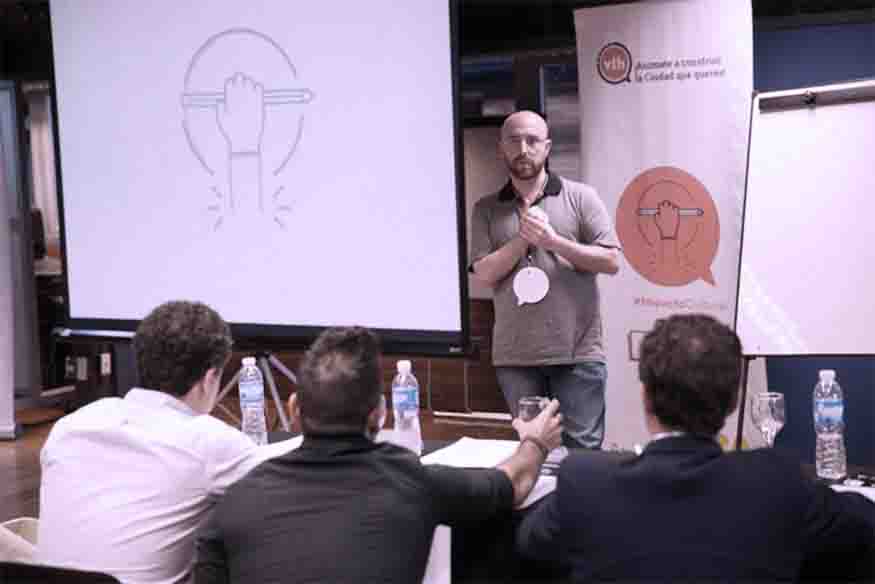

from Clayton Christensen and Hal B. Gregersen
"The Innovator's DNA," by Jeff Dyer, Hal Gregersen, and Clayton M. Christensen, dives into the heart of innovation, unraveling the essence of what makes innovators thrive in business and beyond. The book argues that innovative capacity isn't an innate trait but a skill that can be developed. It identifies five key 'discovery skills' essential for innovation: associating, questioning, observing, networking, and experimenting. These skills enable individuals to make unique connections, challenge the status quo, and continuously evolve ideas, vital for any entrepreneur, intrapreneur, or business leader in today's fast-paced world.
Associative thinking, the first skill, is crucial for linking disparate ideas and insights, and fostering creative solutions. Innovators like Steve Jobs and Elon Musk exemplify this skill, blending concepts from different industries to create groundbreaking products. Questioning, the second skill, involves challenging existing paradigms and thinking beyond conventional boundaries. Observing, the third, encourages a keen eye for detail, enabling one to spot unaddressed needs in the market. Networking, the fourth skill, involves stepping outside one's usual circle to gain diverse perspectives. Finally, experimenting involves a willingness to test ideas and learn from failures, a cornerstone of the innovation process.
A key takeaway from the book is that these discovery skills can be actively cultivated. The authors emphasize that fostering an innovative mindset isn't just about individual skills but also about creating an environment that nurtures creativity. This involves building a culture that encourages risk-taking, values diverse perspectives, and supports continuous learning. For business leaders, this means embedding innovation into the very fabric of their organizations, from team structures to overall strategy.
The book also underlines the importance of innovation beyond product development. It advocates applying innovative thinking to processes, services, and business models. This holistic approach ensures that innovation isn't confined to a single aspect but permeates the entire organization. The authors use real-world examples to illustrate how leading companies have applied these principles to achieve significant growth and maintain a competitive edge.
"The Innovator's DNA" serves as a guide for anyone aspiring to enhance their innovative capabilities. The authors provide actionable strategies for developing the five key discovery skills, emphasizing that innovation is accessible to all. By integrating these skills into their daily practices, professionals across various fields can unlock their creative potential, drive change, and lead their organizations into the future. The book is an invaluable resource for those looking to embrace innovation and redefine their approach to problem-solving in the business world.








